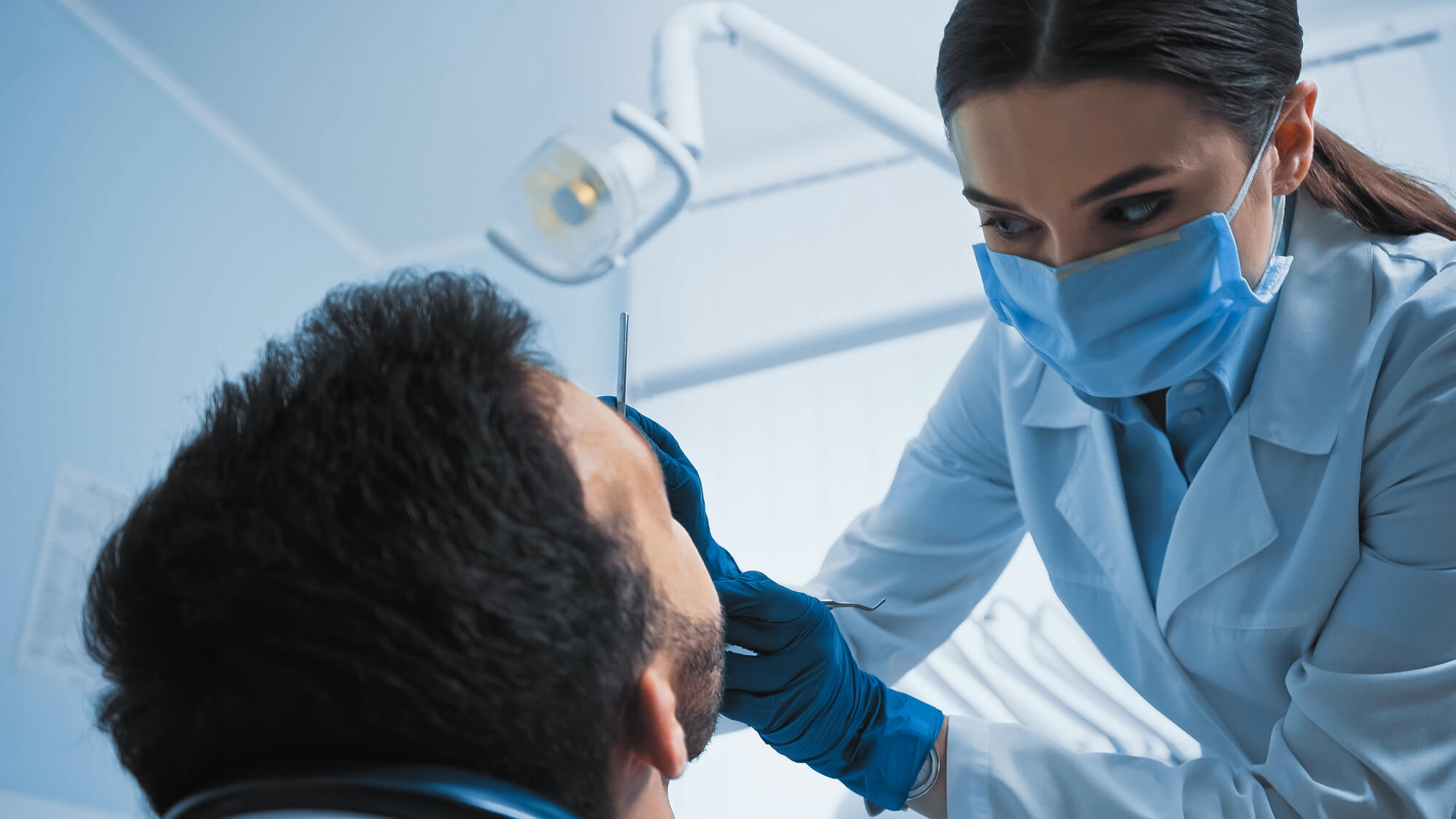Sometimes, when we have severe dental problems, it is necessary to undergo surgeries to fix the issues. If you're looking to learn more about how an oral surgeon in 76210 does it, we've got you covered.
Many people risk having severe tooth decay or deformities because they are too afraid to get dental surgeries, but they are actually very safe.

Are Oral Surgeries Safe?
Yes, oral surgeries are safe, and if you think pain is involved, there is no need to worry because anesthesia is used before surgery. Oral surgeries are only needed if your dentist says so, depending on your situation.
Many are afraid of going to the dentist because of the scary drills, etc., required to fix the teeth in the mouth, but if one is already experiencing too much pain, it is recommended to go to the dentist. There are a lot of oral surgeries a dentist can recommend to you, and it is different for everybody. We need to always consult our dentists before making decisions like these since they are professionals and know what's best.
When Do You Get Oral Surgery?
Always consult your dentist first before diving into oral surgery. Furthermore, it is also important to learn the most common types of oral surgeries just so you are going into the situation somewhat familiar with what to expect. Here are some of them.
Types of Oral Surgeries
There are many types of oral surgeries you can get, but always consult your dentist first. It is essential to always ask the dentist about teeth problems, especially if the case is severe. Here are some common oral surgeries.
Dental Implants
One of the most common oral surgeries is dental implant placement. This can be done if you have a missing tooth due to an accident or natural causes.
Dental implants are the best way to perfect your bright smile and provide a safe and strong base for your artificial tooth.
The most common people to get these are those who are missing teeth but have a strong jawbone. However, it’s still possible to get implants after the bone has started to deteriorate – all thanks to bone grafting.
Wisdom Teeth Extraction
Another common oral surgery is wisdom teeth management and extraction. This is common among adults who have an extra set of molars that aren’t necessary.
The third molar can cause overcrowding, which means it grows other teeth and can cause serious oral health problems.
Overbite/Underbite
Having an overbite or underbite can be an annoying problem, especially when you like a perfectly aligned jaw. This oral surgery is needed when you have excessive misalignment in your jaw or problems eating, biting, or chewing.
It can also be a problem for people who have sleep apnea. You can always opt for braces, but your dentist should be aware of your oral health problem so your dentist can better assess your mouth problems.
Cleft Palate or Lip
Although not all people have this, it is still a very common type of oral surgery. It is commonly done on children born with defects such as cleft palate or a cleft lip. It is a congenital disability in which the mouth has an opening, commonly in the upper lip.
When a newborn is roughly one year old, a maxillofacial surgeon can fix these deformities so the child can live with a normal smile throughout their life.
Risks of Getting Oral Surgery
Like any surgery, there is always a slight risk, although the chances of anything going wrong are extremely minimal, meaning you shouldn’t let that idea get in the way of an amazing and fully functional smile.
The first is infection and the second risk is dry socket. When the socket is exposed to air, food, and fluids, it can dry up the socket. Sinus complications can also cause pain in the area where the wisdom tooth is removed. If the pain is no longer bearable, then you should call your dentist.

Do You Need an Oral Surgeon in 76210?
Oral procedures are widespread and can range in complexity. It's critical to be prepared and manage your recovery appropriately.
Make your recuperation room as comfortable as possible, make arrangements for someone to transport you home, and give yourself at least two days to recuperate.
For more advice, head over to Texas Oral Surgery Group. We have experts who can put your worries to rest. Contact us today to get started. We’ll be happy to answer any questions you might have about your upcoming procedure.
LOCATION
3159 Beaumont Centre Circle Suite 110, Lexington, KY 40513
Phone: (859) 278-9376
Email: brett@oms360.com
- MON - THU8:00 am - 5:00 pm
- FRI8:00 am - 3:00 pm
- SAT - SUNClosed
- MON - THU8:00 am - 5:00 pm
- FRI8:00 am - 3:00 pm
- SAT - SUNClosed
- MON - THU8:00 am - 5:00 pm
- FRI8:00 am - 3:00 pm
- SAT - SUNClosed





